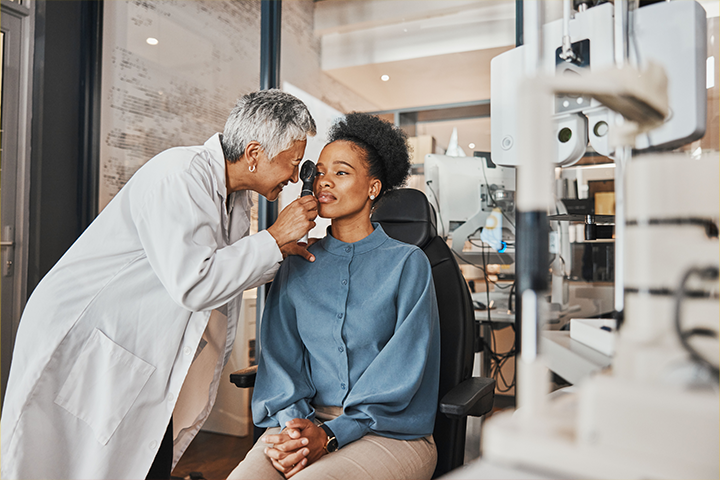When you hear about dental and oral health, you might just think of good-looking teeth. But the truth is, your total mouth health can offer clues about your overall health, too. Many diseases can cause symptoms in your mouth. That means your dentist can spot certain health conditions before they become serious, like osteoporosis, diabetes, eating disorders, and stress.
Why is oral health important?
Everyone's mouth is full of bacteria. Don't worry – it's mostly harmless. A daily routine of brushing and flossing is your best defense against bad bacteria known as plaque. With regular care, you can help keep your oral health in tip top shape and keep bad bacteria at bay.
Oral health is key to overall health and wellness, and conditions like cavities, severe gum disease and tooth loss can affect the quality of your health. Bad bacteria can even get into your digestive system and respiratory tracts. That's why it's important to make good oral care part of your everyday routine.
Of all the ways we try to keep our body healthy, protecting our oral health may be one of the easiest. All it takes is a few minutes each day and a commitment to simple lifestyle habits.
- Brush your teeth at least twice a day for two minutes (bonus points for an electric toothbrush)
- Floss daily
- Use mouthwash to remove food particles
- Limit foods with added sugar
- Replace your toothbrush every three months (or when bristles are worn down)
- See your dentist regularly
Why You Should Get Regular Eye Exams
Just like oral health, eye health is another important aspect of your overall health and well-being. The eye is the only place in the body where a doctor can see the action of blood vessels, nerves and connecting tissue without relying on an invasive procedure. A check of your eyes can be a test for the presence of more than 20 conditions, according to the American Academy of Ophthalmology.
For example, unusual bends, kinks or bleeding from blood vessels in the back of the eye can signal high blood pressure, which affects one in three American adults. Signs of diabetes, multiple sclerosis and certain cancers can also be spotted during a vision exam.
If you're 65 or older, consider getting an eye exam every year or two, unless your doctor says otherwise.
Resources for TRS-Care Medicare
Find a Provider
If you need help finding a provider or have questions about your benefits, please call UnitedHealthcare at 1-866-347-9507, TTY 711, 7 a.m.–6 p.m. CT, Monday–Friday. You can also search for providers online by signing in toretiree.uhc.com/TRS-CareMproviA.
